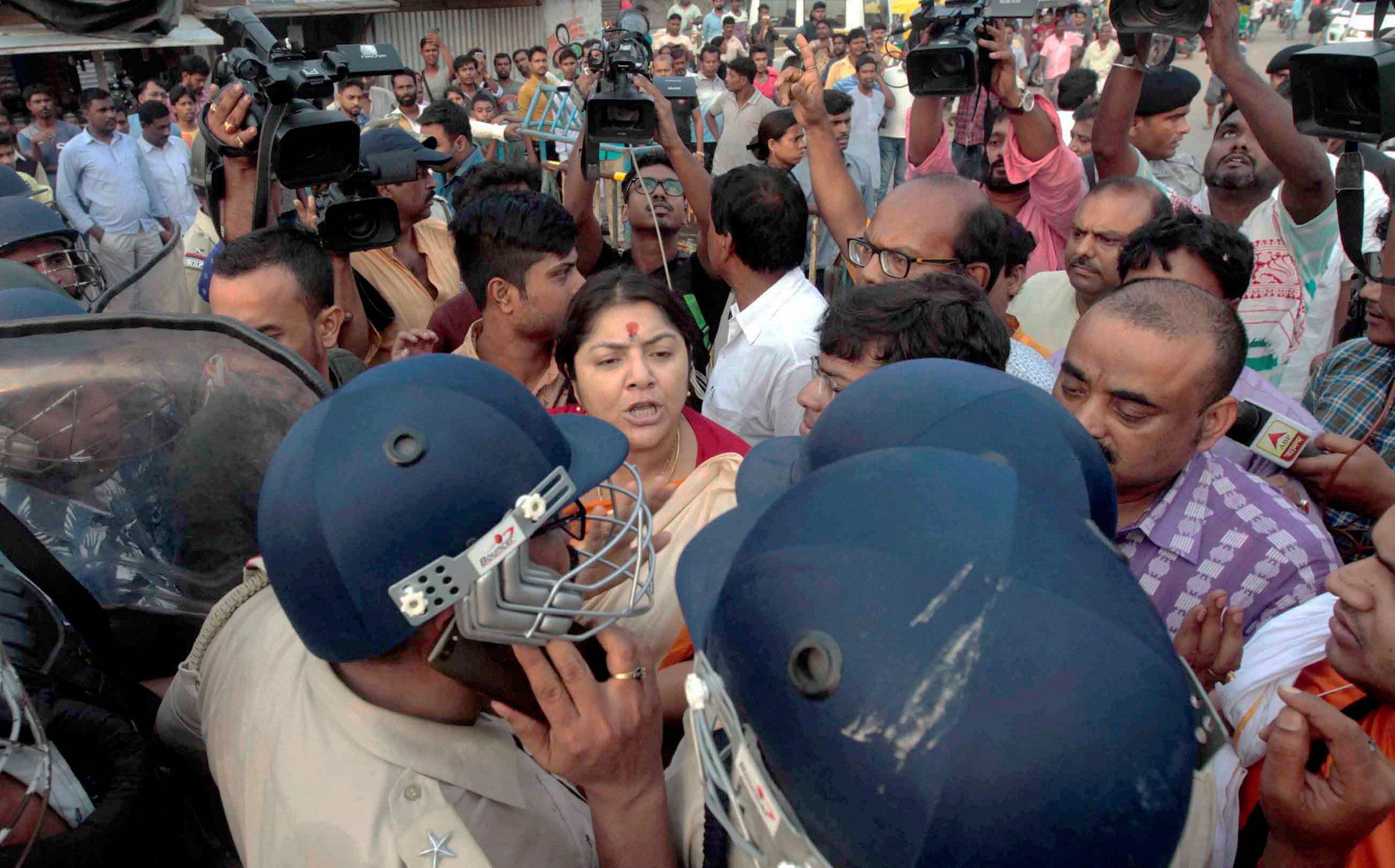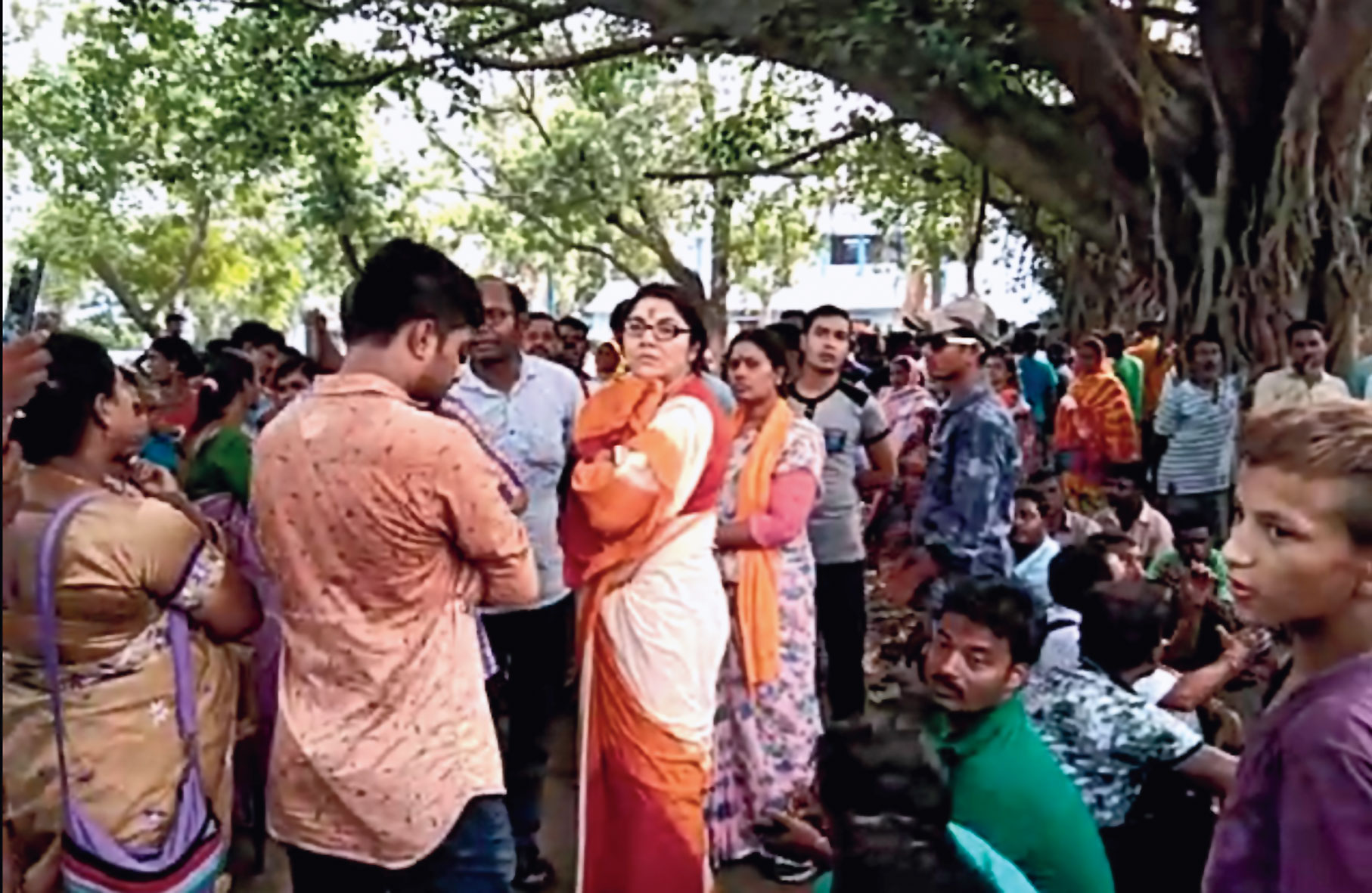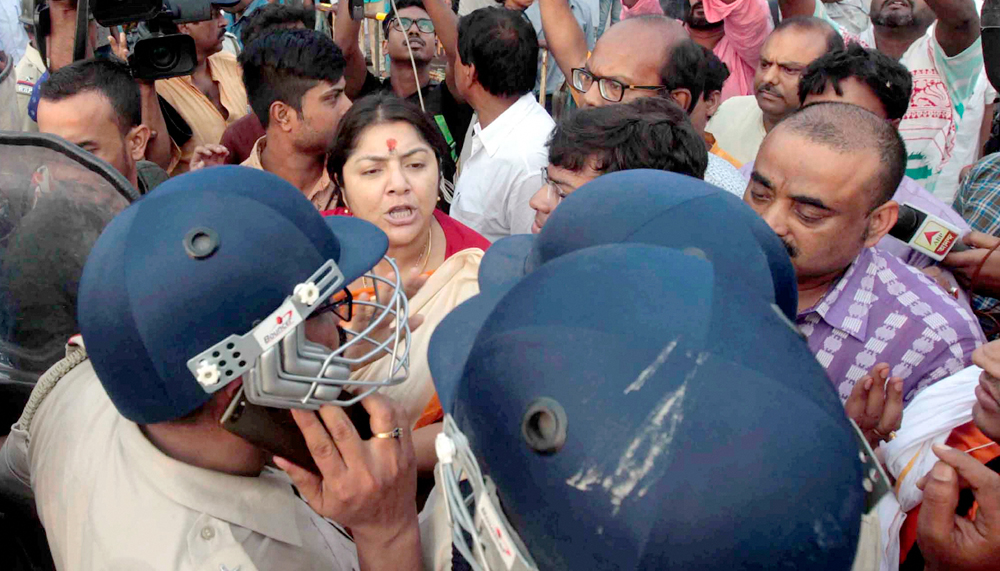Political violence in West Bengal is far from new; it would have been novel had it been avoided this time. In the ugly competition of numbering the dead — the Trinamul Congress and the Bharatiya Janata Party each claiming losses greater than the other’s — the pain of those gone and the grief of those left behind become mere counters in party propaganda. What all political leaders need to accept — and convey — is that parliamentary democracy and street violence are opposing concepts. But such maturity is still a distant vision and now perhaps an impractical one. Neither TMC nor BJP workers would shrink from violence and, with the dramatic increase of Lok Sabha seats for the BJP in the state, conflict was almost expected. But whether it is Dinhata, Nimta, Habra or Sandeshkhali where violent political encounters take place, the duty of the administration remains the same. To arrest all perpetrators irrespective of affiliation, prevent recurrence, and reassure the fearful. The state government’s credibility depends on this alone, not on its insistence on the Opposition’s culpability.
The BJP’s desire to wrest Bengal from Mamata Banerjee’s — or the TMC’s — control is no secret. Neither are its ground tactics unknown. Hence provocations should cause no surprise,since the resultant face-offs give rise to disorder and fear. The Centre’s attitude was obvious in its advisory to the state that defined political violence as the failure of the administration to maintain the rule of law and demanded action against “delinquent” officials. The misplaced Big Brother roar — law and order is a state subject — is not unexpected either, with the governor having reported 12 deaths to the Centre without paying attention to the state government’s count. In this situation, responding with administrative force to the Opposition’s demands — when, for example, state BJP leaders tried to lead a procession with the dead bodies of two workers to Calcutta — would accrue to the BJP’s advantage. The state government now has the tricky job of granting the primary Opposition its democratic space without letting criminals seize the opportunity to cause mayhem. Since the Opposition would gain with every flashpoint, administrative firmness and fairness in dealing with violence are now of the utmost importance.













